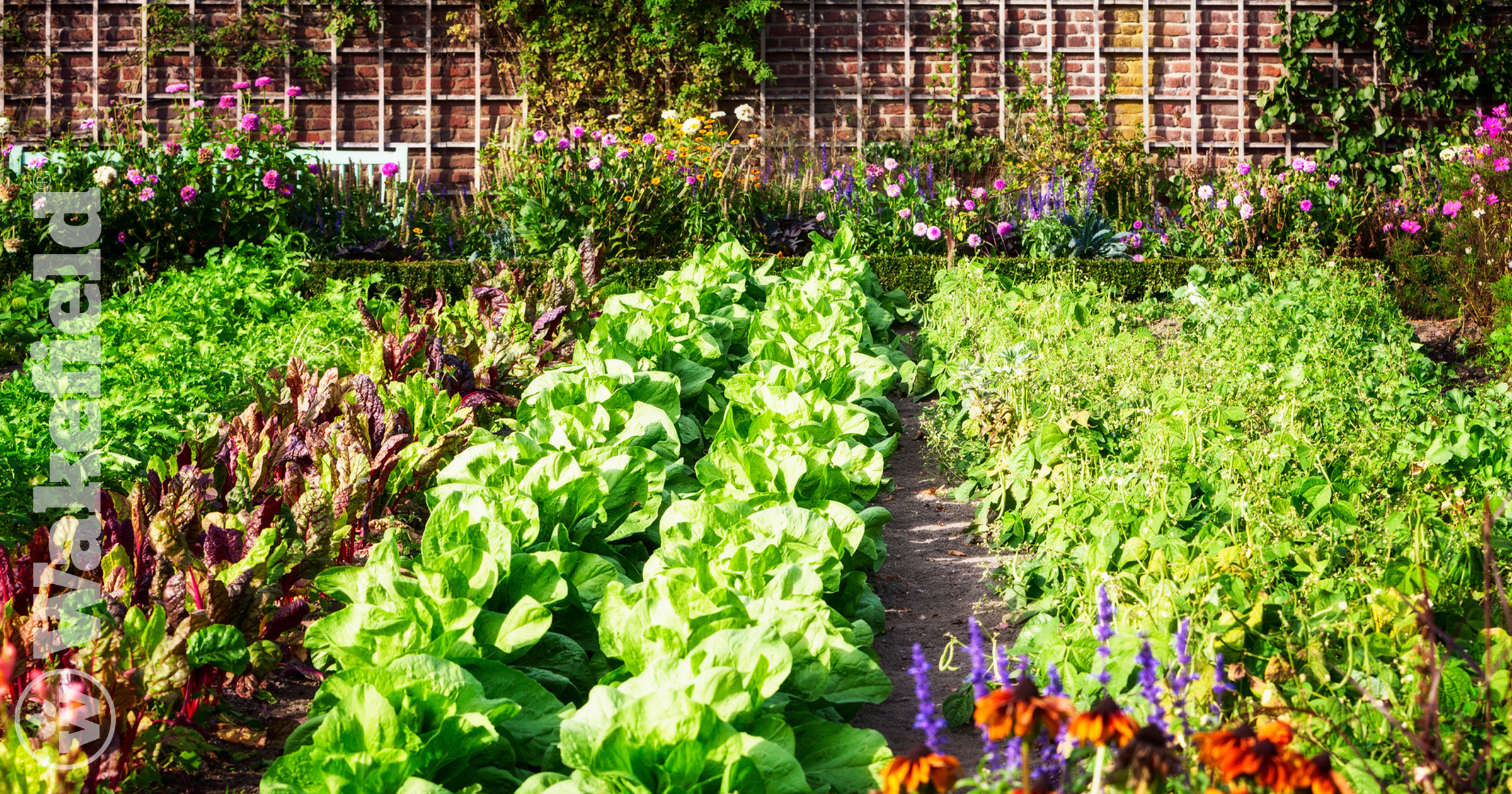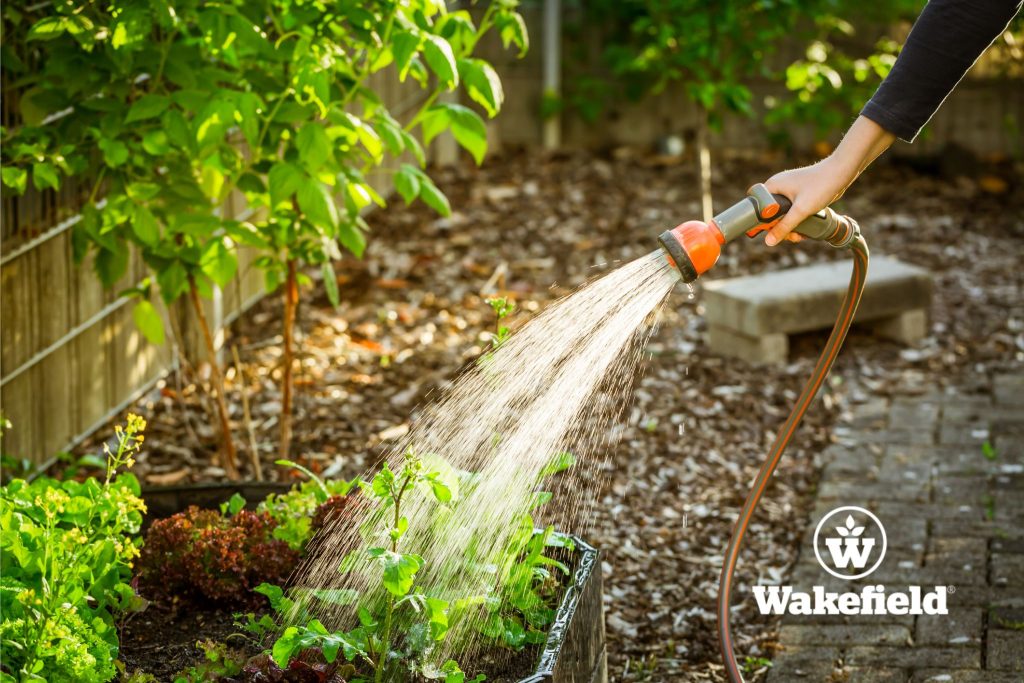Summer Gardening with Biochar

During summer, when vacations are common, it’s crucial to ensure proper watering for raised bed gardens. Biochar can help retain water, offering peace of mind while you’re away.
Lets start with roots of the issue
Water deeply and infrequently: Promote deep root development by watering deeply and less often. Target around 1 inch of water weekly, from rainfall or irrigation, to enhance plants’ heat and drought resistance.
Water in the morning: Watering your raised bed garden in the early morning allows the plants to take up moisture before the sun gets too intense. Watering in the evening can lead to prolonged leaf wetness, increasing the risk of fungal diseases.
Mulch the soil: Apply a layer of organic mulch, such as straw, wood chips, or compost, around your plants. Mulch helps retain moisture in the soil, reducing water evaporation and keeping the roots cool during hot summer days. It also helps to suppress weed growth.
Monitor soil moisture: Avoid overwatering, as it can lead to root rot and other problems. Conversely, ensure the soil doesn’t dry out completely between watering sessions.
Know what your plant needs: To optimize your raised bed garden’s summer performance, shield delicate plants from intense sunlight by providing shade using shade cloth or temporary structures made from bamboo or fabric. Additionally, enhance heat resilience by selecting heat-tolerant plant varieties such as vegetables, herbs, and flowers, tailored to your local climate. These selections will better endure high temperatures, ensuring sustained productivity throughout the season.
Use biochar to improve drought resistance:
Biochar can retain moisture for longer periods, reducing the need for frequent watering. However, it’s important to monitor the moisture level in the soil to prevent overwatering or under-watering. Check the soil moisture by inserting your finger into the soil to a depth of about an inch. If it feels dry at that level, it’s time to water.
Biochar can retain water in several ways:
Porous Structure:
- Firstly, its porous structure allows it to absorb and hold onto water molecules, acting like a sponge in the soil.
- This helps prevent water runoff and ensures moisture is available to plant roots over a longer period.
High Surface Area:
- Additionally, biochar has a high surface area, providing sites for water molecules to adhere to, further enhancing water retention.
Soil Structure Improvement:
- Moreover, biochar can improve soil structure, creating micro-habitats that facilitate water retention and root growth.
Remember, these tips may vary depending on your specific climate and the plants you are growing. Always observe your garden’s unique needs and make adjustments accordingly.
Have a blooming summer! Better soil. Better world.







